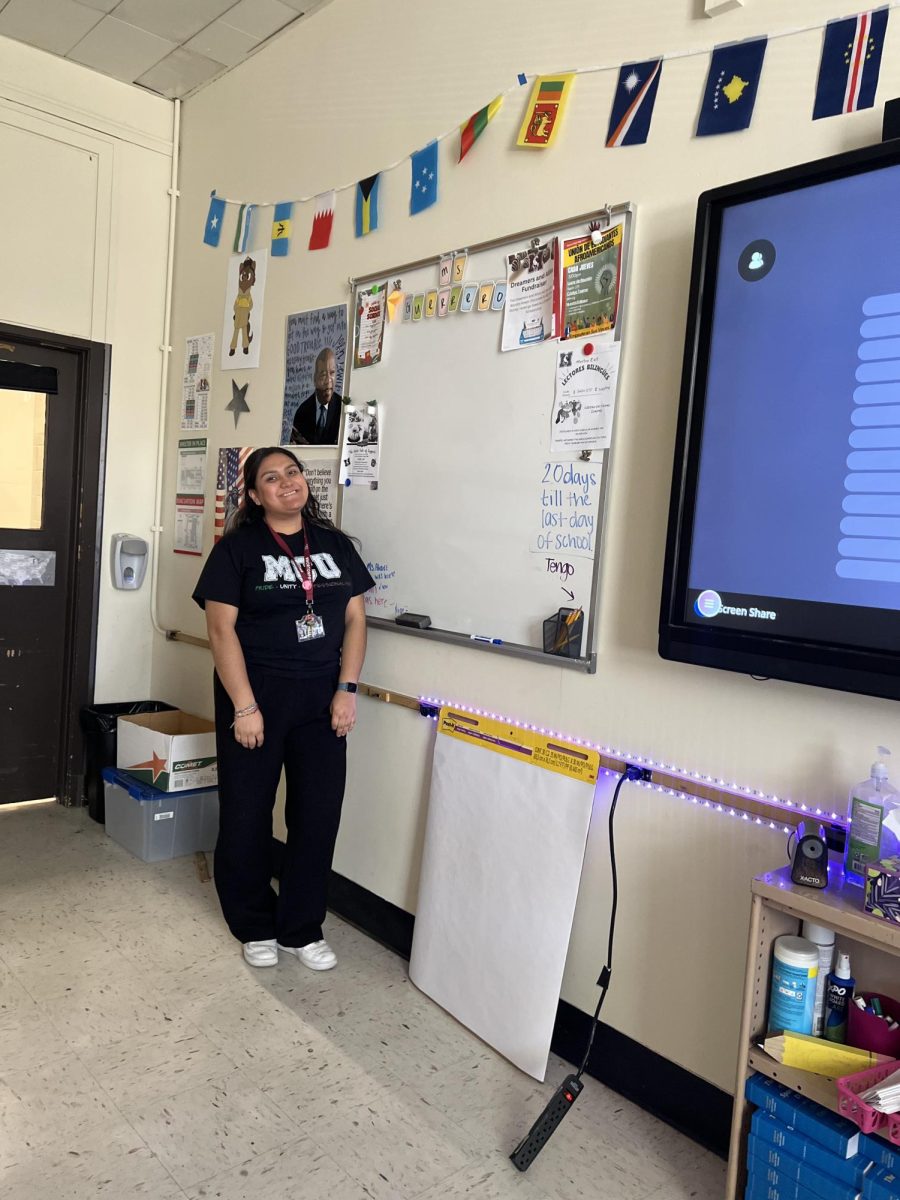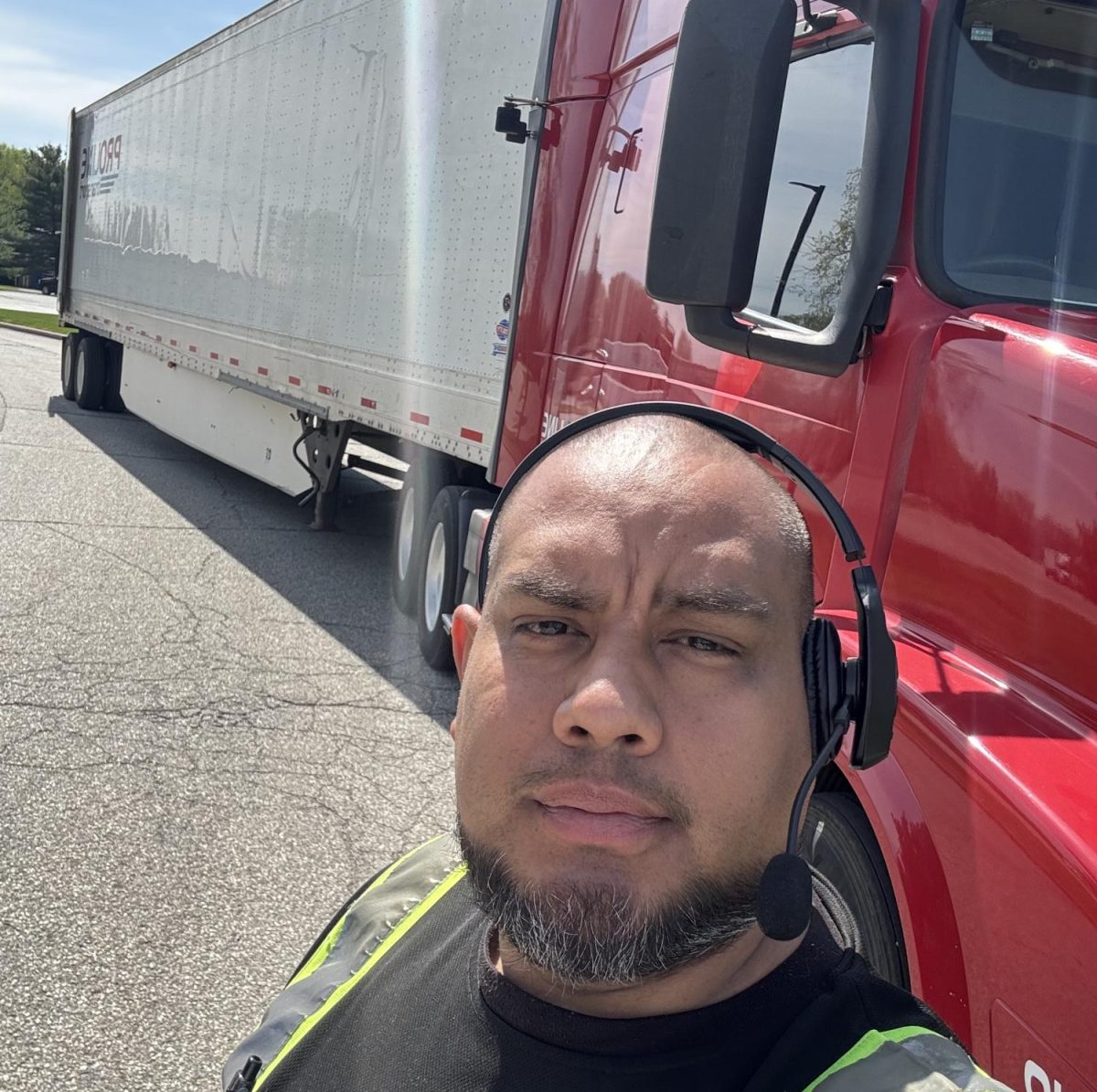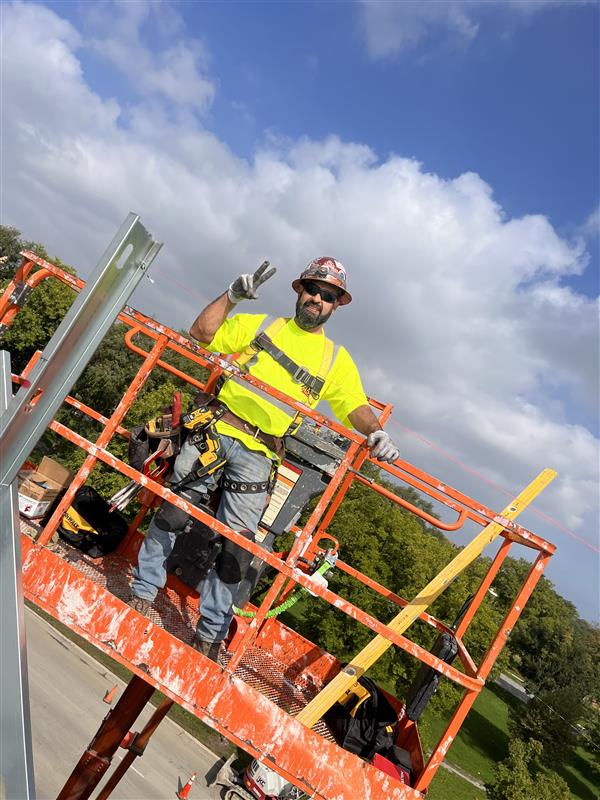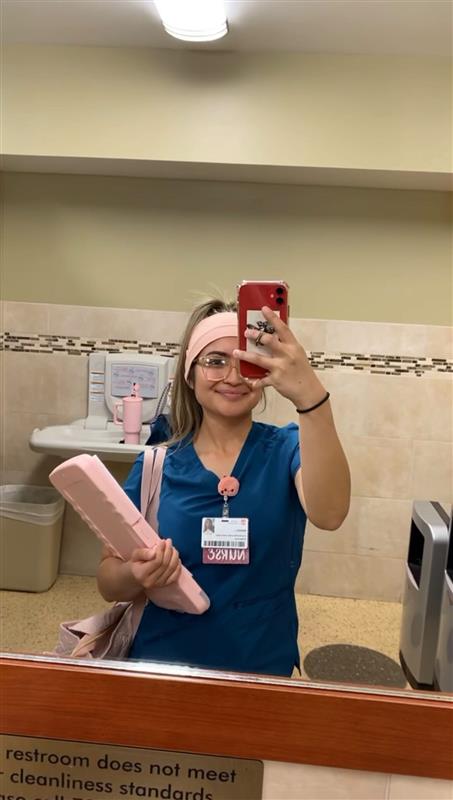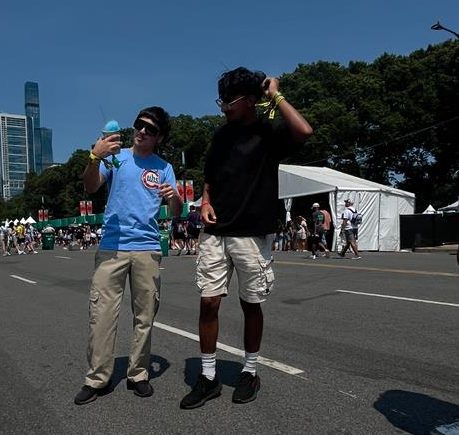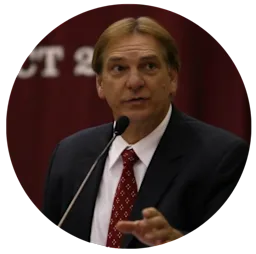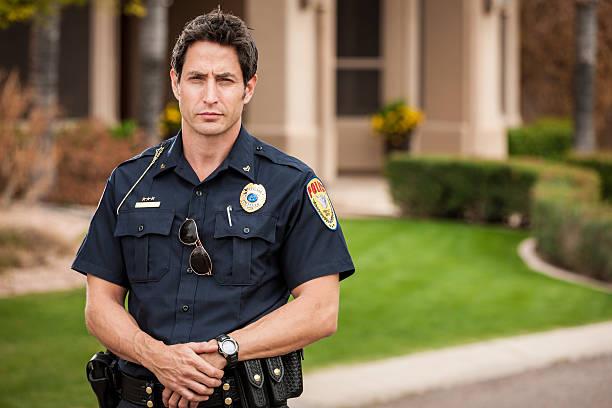Nathalie Guerrero works as Civics teacher at Morton East High school, where she has been working since August of 2024 and completed her education at Illinois State University where she received her Bachelor’s in History Education with a minor in Spanish. Nathalie is passionate about her job because she enjoys being able to connect and help every single one of my students. I feel so honored to be able to see you all blossom and come out of your comfort zones and everyday with students fills me with joy.
Reporter Q: What is the most rewarding aspect of teaching history to high school students?
A: The most rewarding aspect of teaching history is being able to teach history in a time in which the young have been utilizing their voices. I think it has also been rewarding to teach students and have their perspectives be heard, since everyone has a unique perspective.
Q: How do you make history relevant and engaging for teenagers?
A: I make history relevant for teenagers by engaging them in events that I know impact them everyday. Sometimes, it is a struggle to get through historical aspect, but I make it relevant by having it connect to their everyday lives.
Q: What are some of the biggest challenges you face as a history teacher?
A: I think some of the biggest challenges I face as a history teacher is to make sure I don’t get politically involved. I also don’t want to spread misinformation, or have my students feel uncomfortable or as if their voice doesn’t have a place in my classroom.
Q: How do you incorporate different perspectives and interpretations of historical events in your lessons?
A: I tend to incorporate different perspectives and interpretations of historical events by using different types of sources to teach it. By giving a different point of view, it changes the way that the students are able to adapt to the event and understand what really happened.
Q: What strategies do you use to help students develop critical thinking and analytical skills through history?
A: Some strategies that I use to help students develop critical thinking is that I have them read and highlight what is something that sticks out to them about a source, and then I have them determine an image that could be used to describe the source. By expanding the exposure to a theme, it helps them to build up the analysis skills by having them search for a connection.
Q: How do you address sensitive or controversial topics in history?
A: I address sensitive/controversial topics in history by reminding everyone that this is a safe space. I tend to rely solely on the facts when it comes to controversial topics, because I don’t want one person to feel as if they are being singled out in any way.
Q: What role does technology play in your history classroom?
A: Tech plays an important role in my classroom because l utilize it in a way that will help the students expand their learning. I sometimes have the students research a topic, and they have the duty to teach it to someone else. This builds up the mastery level for them.
Q: How do you assess student learning and understanding in history?
A: I assess student learning by having them answer questions related to the content. Sometimes, I will give the students the task of having them explain to me what they understood from a topic, and from there I am able to assess their level of mastery.
Q: What advice would you give to someone considering a career as a history teacher?
A: I would say that this career and to be in this position is so rewarding just because you get to see the students grow and you are able to observe when they have realized that they have a civic duty. It is also so rewarding to see how the students are able to engage in a respectful manner while listening to others thoughts.
Q: How has the teaching of history changed since you started your career?
A: It has changed because there are some topics that have become controversial, and some have now been closed topics.


